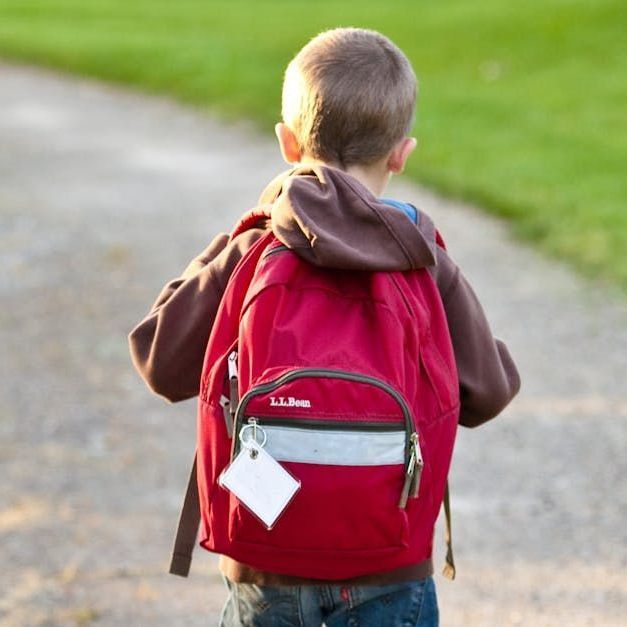How to Talk To Your Kids About Coronavirus? A Conversation Guide
March 5, 2020

Most health professionals agree that COVID-19, more commonly known as Coronavirus, is here to stay. Current projections vary wildly, but by most estimates, the Coronavirus Outbreak is nearing Pandemic proportions.
If you are a parent, hearing this is doubly troubling. On the one hand, you must worry about doing everything in your power to minimize the probability that your kids are exposed and become infected. On the other, you must now face the very difficult challenge of talking to your little ones about a very complex issue.
The Topic of Conversation
By now, Coronavirus is a household name. Whether you go to work, school, church, the grocery store, the playground, the hot topic of conversation is how Coronavirus is EVERYWHERE. And because of the 24-hour news cycle, even if you stay home, it is difficult to stay away from talks of quarantines, death tolls, and national emergencies.
It is inevitable then that, at some point sooner than later, your little ones will begin to ask questions about the virus. How should you, as a parent, approach this conversation? What can you say to alleviate their growing doubts and deepening fear? How can you tell them the truth without generating even more anxiety and alarm?
Keep Calm and Don’t Panic.
It is crucial that you keep your cool and show them that YOU are calm. Children are exceptionally adept at intuiting subtext from the words and actions of those around them. So if you begin the unavoidable Coronavirus conversation by losing your cool, your kids will pick up on YOUR fear right away. Good luck talking them off the ledge then.
Remember that you are their capstone; their entire worldview is derived from yours, so make sure to maintain peace of mind when they ask their questions.
Ask Them Questions
Before you begin spewing-off facts and figures, it is advisable that you ask them simple questions about what they have heard. This is important because it is almost certain that your kids have been misinformed by their peers. Furthermore, it is very likely that they hear contradictory information daily, and this only fuels their confusion and anxiety.
Be Truthful - Never Lie
Tell your kids the truth. Use simple language so that they may quickly grasp the true nature of the situation but do so without going into unnecessary details.
Start by explaining what the Coronavirus is, what the most common symptoms are, etc. riff on their questions and adjust your answers accordingly.
Reassure them by telling them that most cases amount to nothing more than a flu. Tell them that, contrary to what they’ve been hearing, very few people who are sick from Coronavirus are dying from the infection.
Most importantly, use this conversation to teach your kids about the preventive measures they can take to minimize their risk of becoming ill. Scared kids look to adults for solutions to their problems, so give them concrete actions to follow.
Kids like to feel important, so tell them that by protecting themselves, they will also be protecting others.
Everything Will Be Alright
Finally, tell your kids that everything will be alright.
Reassure them by telling them that there are tens of thousands of very smart people such as doctors, scientists, and health professionals, working nonstop to find a cure, and help stop the virus.
Coronavirus is not the first viral outbreak to affect humanity. Yet here we are, still going strong.
Keep in mind that the conversation will likely not end after only one sitting, so be prepared to continually address any new doubts that may arise as the situation evolves.

Growing pains are most common in children ages 3–12, especially during periods of rapid growth. While the exact cause isn’t fully understood, many doctors believe they are related to increased physical activity and the stretching of muscles and tendons during growth spurts, not growth of bones themselves.

Thanksgiving is a cherished tradition, an opportunity to gather with family and friends to celebrate gratitude for the many blessings in our lives. Whether you're traveling to visit relatives or hosting a festive dinner at home, preparing for Thanksgiving can be a joyful yet daunting task, especially for parents.








